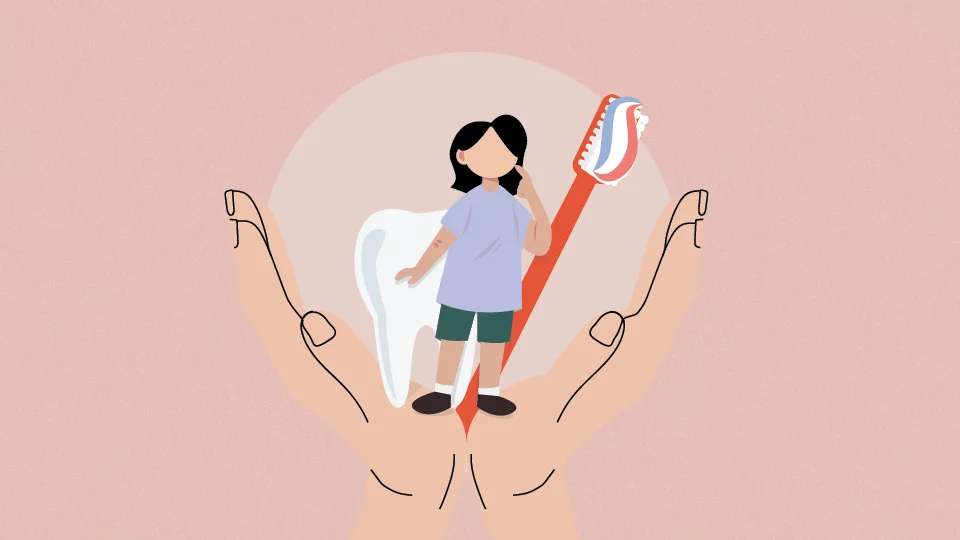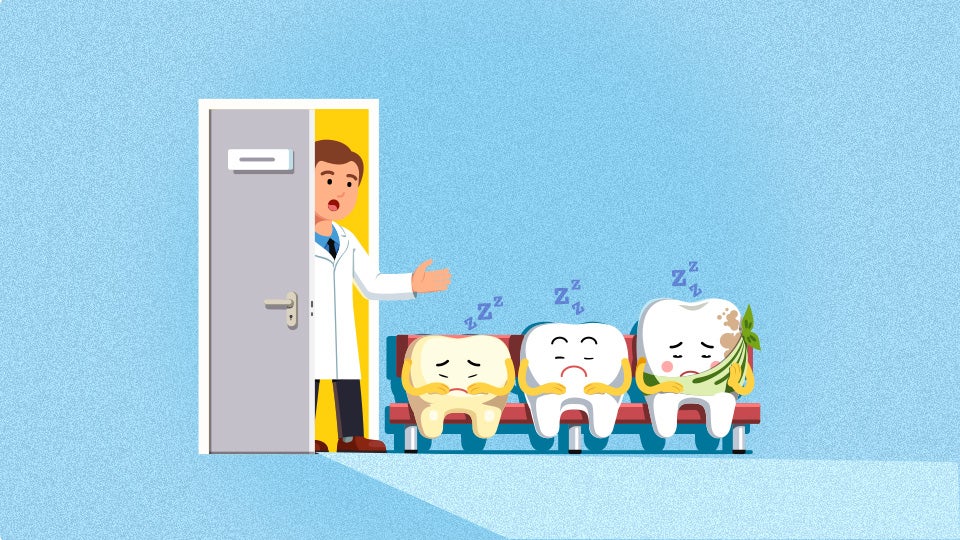Special Needs Office dentist-owner Dr. Ashley Abaie has advice for parents and caregivers to help make trips to the dentist as stress-free (and maybe even fun) as possible for neurodiverse people. While not all of these tips will apply to everyone, one thing that is consistent across the board is this: Find a provider with compassion.
“Sometimes it takes 45 minutes to talk with a patient, to help them feel comfortable enough to undergo dental care. But it is so worth it,” Dr. Abaie said. “Taking the time to treat each patient as an individual sets them up for a lifetime of good oral health.”
What can parents and caregivers do to partner with dentists?
Communicate
Talking with the dentist well ahead of the appointment can help you both strategize the best methods for maintaining your loved one’s oral health. Letting the dentist know about any medical equipment the patient uses will also prepare the dentist to modify their treatment or take a different approach to care.
Start Early
Some neurodiverse patients don’t see a dentist until adulthood. Incorporating dental care into a person’s regular medical routine will help limit the unfamiliarity of oral care and set them up for a lifetime of successful visits – and better health.
Role Play
Your dentist may send kits home before the appointment to help desensitize your loved one and prepare them for the dentist. Toothbrushes, plastic versions of dental kits, bibs and other tools can help them prepare for their visit.
Discuss Sedation
Except in rare cases, patients can receive treatment while under sedation. If this is the safest and most successful way to provide oral care for a patient, work with the provider to ensure that as many procedures/treatments as possible are done in one sitting. This will prevent patients from having to undergo sedation more times than necessary.
Sources
- National Institute of Dental and Craniofacial Research. (2017). Practical oral care for individuals with intellectual disabilities. U.S. Department of Health and Human Services. https://www.nidcr.nih.gov/sites/default/files/2017-09/practical-oral-care-intellectual-care.pdf








